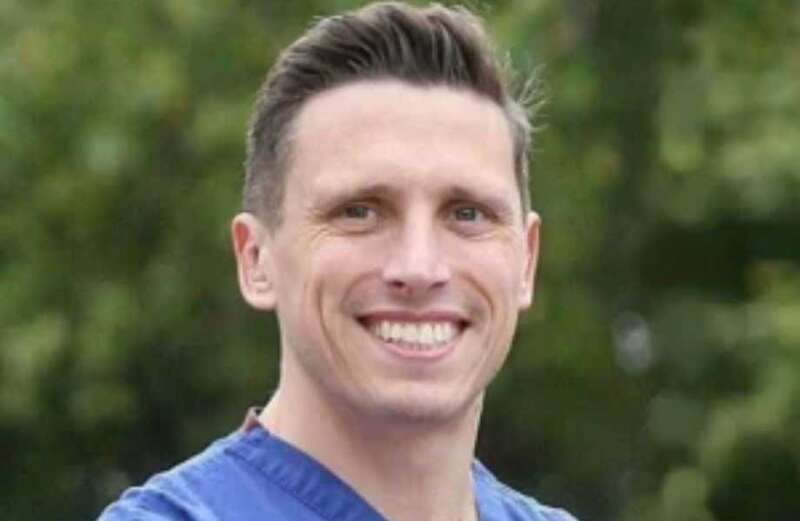DR JEFF FOSTER is The Sun on Sunday’s new resident doctor and is here to help YOU.
Dr Jeff, 43, splits his time between working as a GP in Leamington Spa, Warks, and running his clinic, H3 Health, which is the first of its kind in the UK to look at hormonal issues for both men and women.
Dr Jeff Foster is The Sun on Sunday’s new resident doctor and is here to help youSee h3health.co.uk and email at drjeff@the-sun.co.uk.
Q) MY 73-year-old dad refuses to go to the doctor because he says he can’t get an appointment. He has had dizzy spells on a daily basis for the past couple of months. If he stands up after sitting down for a long time, he feels dizzy. But he is still driving and carrying on as normal.
George Warner, York
 From tongue scraping to saying no, here are 12 health trends to try in 2023
From tongue scraping to saying no, here are 12 health trends to try in 2023
A) Dizziness and vertigo are very unpleasant but they are really a symptom of an underlying medical problem.
Dizziness can be caused by nutritional deficiencies, heart and blood-pressure conditions, hormonal or blood-sugar problems, ear issues, and even illnesses related to the brain.
So seeing his doctor is very important as they can diagnose where the problem has originated.
Although the NHS is stretched, GP services have a triage system, and practice receptionists are trained in signposting patients to the service needed. So he does need to call his GP surgery.
My bigger concern at this point is that your father is driving with an undiagnosed medical condition that is potentially making him unsafe on the road.
The DVLA does not prevent someone driving if they have a “low-impact illness” but we do not know the cause of your father’s symptoms.
If his dizziness was to cause him to swerve suddenly, become disorientated, or lose consciousness, the consequences could be serious.
We always advise that if someone has a medical symptom or condition that could make them unsafe at the wheel, they should not be driving until cleared by a medical professional.
Q) I AM a woman aged 69 and in October I fell awkwardly while gardening and broke my wrist. It was a tiny crack. I had X-rays and had a cast which was taken off in early December but my wrist is still swollen and painful. I can barely use it. Is this normal?
Maureen Miles, Pembroke
 How to de-clutter if you have a beauty stash to last you a lifetime
How to de-clutter if you have a beauty stash to last you a lifetime
A) “Fall on to outstretched hands” injuries are one of the most common fractures seen in A&E and usually an immobilisation cast for around six weeks is enough to allow the bone to heal – but this does not mean the soft tissue around it has fully recovered.
It can take several months to gain full movement and strength back in the wrist.
Once a cast comes off and your orthopaedic surgeon is happy the bone is healed, you should be given a plan for rehabilitation and mobilisation.
It can take many months to regain normal use even after a relatively minor break.
If you can barely use the wrist and it is painful, do not go to the GP but directly contact the fracture clinic you were under as they should give you a plan for improvement.




































